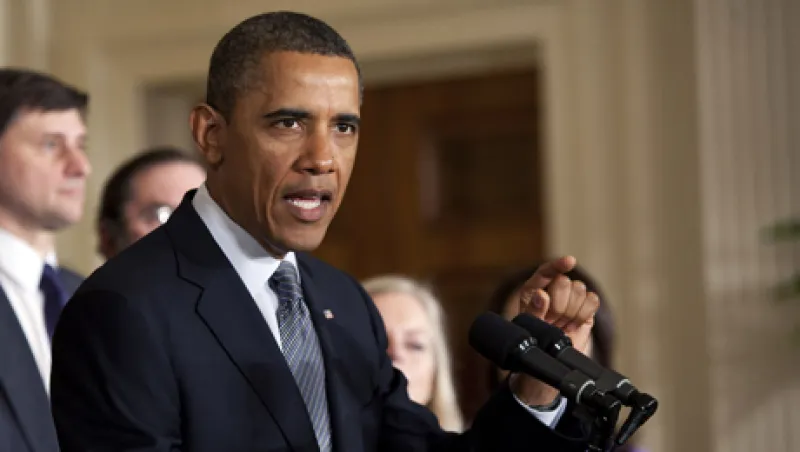
Are Obamacare and Dodd-Frank Making America Less Free?
The United States slumps to 10th place in the Heritage Foundation’s annual ranking.
Charles Wallace
January 20, 2012


